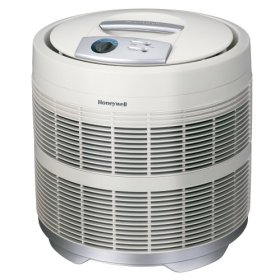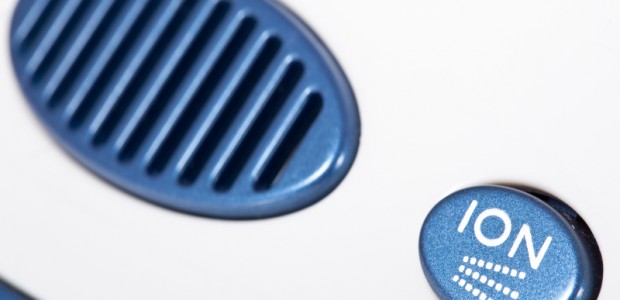Spring time is here again and so is seasonal allergies! Coughing, sniffling, stuffy nose, watery eyes and other symptoms making it hard to sleep and be comfortable at home? You need to get an air purifier. According to the Asthma and Allergy Foundation of America almost 19 million Americans have been diagnosed with allergies. Many people with allergies take medications, avoid allergens or use air purifiers. But do air purifiers really work and if they do what kind should you buy?
What is an Allergy? Having an allergy means your immune system tends to adversely respond to a specific protein in your environment. “These proteins, otherwise known as allergens, can cause skin or respiratory problems in otherwise healthy people. An allergic reaction can manifest itself as an itching of the skin, a swelling of your nasal and lung passages, wheezing, anaphylactic shock and death”. An air purifier will not work for food, drug or skin allergies; but, it can help with hay fever, asthma, allergic rhinitis and allergies to pollens, dust mites, mold and pets.
Which ones work? Some of the most effective air purifiers on the market for allergies and asthma are HEPA filtration systems. You can use a HEPA filter system in your furnace or attach it to an HVAC unit, which circulates air throughout your home. Portable, room-sized HEPA filtration systems are also convenient for the office. The downside is these purifiers can run you anywhere from $50 to $200 dollars and don’t forget about the replacement filters too!
Some other options. For those with asthma and allergies, the Austin Healthcare Mate has a carbon filter and two pre-filter, which do not need to be changed for three to five years. The IQ Air HealthPro Plus features a hyper HEPA filter that can trap particles smaller than 0.3 microns; however, the filters need to be changed every six to 18 months. Finally, the BlueAir 403 air purifier captures 99.97 percent of 0.1 micron particles, and works more quietly than the other brands (Fidler).
Which air purifiers to avoid? Although electrostatic air filters clean the air in your home, they tend to produce ozone, which has been shown through Consumer Reports testing to irritate lungs and actually make asthma and allergies worse (and it’s bad for the environment too)! The report claims that the ozone can mix with chemicals in home cleaners and might possible produce formaldehyde. This formaldehyde can then seep into your bedding, couch cushions, carpets, etc. Avoid gas-phase absorption air filters as well. They do not trap contaminants; rather, the filters work to convert the contaminants into harmless compounds. They typically rid the home of smells, not allergens.
Sources: ehow.com, (http://www.ehow.com/about_6502007_do-air-purifiers-work-allergies_.html).
